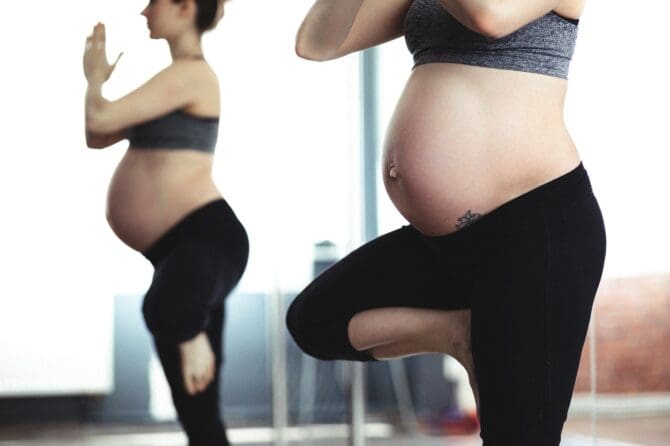Pregnancy is an important time to focus on nutrition. Eating foods high in vitamins and minerals will help support your health and the development of your baby. Think about incorporating healthy options into your diet, like fruits, vegetables, and whole grains. Proper nutrition is essential for a healthy pregnancy.
If you’re pregnant, you need to make sure you’re getting the right nutrition for you and your baby. Here are 5 tips to help you do just that:
1. It’s important to prioritize good nutrition for you and your baby’s health. Consult with your doctor on what foods to eat for your baby’s growth, as well as what is best for your own physical wellness. A balanced diet is key to proper nutrition. Be sure to never skip meals, and avoid foods that contain caffeine. Drinking lots of water is also important – aim for at least 8 glasses per day.
2. Pregnant women need about 1,200 mg of calcium per day. This is 400 mg more than the recommended daily intake for non-pregnant adults. Dairy products, such as milk, cheese, pudding and yogurts, are good sources of calcium. Other sources of calcium include salmon, broccoli, beans and calcium-enriched orange juice.
3. Folic acid is essential for a pregnant woman’s nutrition. It helps with the baby’s brain and spine development. Pregnant women should take at least 400 micrograms of folic acid through their entire pregnancy along with a multivitamin. Good sources of folic acid include peanuts, peanut butter, tofu and cereals. Other sources include green and leafy vegetables, squash and beets.
4. Vitamin B12 is essential for proper brain and nerve function in both mothers and babies. Vitamin B12 can be found in animal products, but vegetarian mothers can get it from soy milk or organic soy meat.
5. Protein is one of the essential nutrients required for pregnant women and the protein intake should increase by 10g per day. Animal products such as meat, eggs, and milk are excellent sources of protein. However, there are also organic sources of protein that include soy milk, cereals, legumes, and seeds.
Your eating habits will definitely change throughout your pregnancy, especially as you go through different trimesters. During your first trimester, you might be focused on morning sickness or nausea. To help fight these symptoms, it’s recommended that you eat small amounts of food frequently, even if you’re not actually feeling hungry. Try to eat non-fatty foods, foods rich in carbohydrates and potassium, and dry foods.
Pregnant women should always remember that proper nutrition is essential for both their own health and the health of their baby. It’s important to consult with a physician to get reliable information about nutritious eating and making healthy dietary choices.











